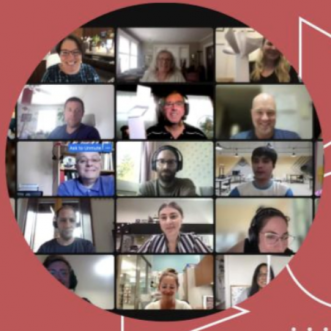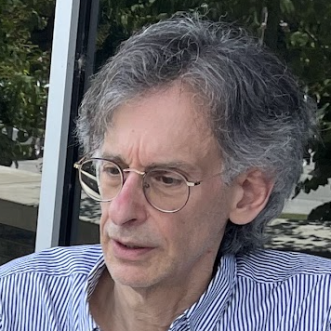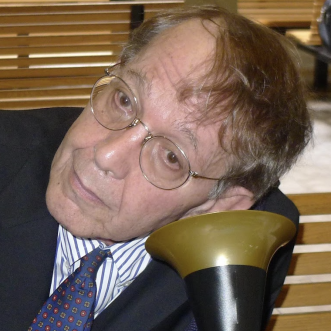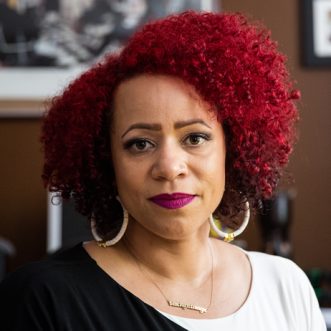In this conversation, Gary and Will discuss the complexities and pressing issues faced by educators in the modern world. They reflect on past educational practices, the impacts of the pandemic, and the importance of prioritizing the well-being of students over rigid adherence to curricula and standardized testing. The dialogue critiques the ill-advised educational methods adopted during the pandemic, such as hybrid classrooms and policing of student behaviors during remote learning. The conversation transitions to broader societal issues, including the political and social divides affecting education, authoritarian tendencies, and the controversies surrounding artificial intelligence in schools. The speakers emphasize the necessity for educators to vote and act in their own interests, suggesting potentially drastic measures like strikes to advocate for better conditions. They also touch on the problematic nature of current educational fads and policies, urging a return to child-centered learning approaches and questioning assumptions about literacy and learning crises. The discussion explores how schools and educators can better respond to meta-crises like climate change and biodiversity loss. They conclude by contemplating a radical thought exercise about redesigning the educational system to maximize quality learning within a limited timeframe, acknowledging the challenges against a backdrop of political and social turmoil. Throughout, the importance of empathy, teacher autonomy, and genuine engagement with students is highlighted as key to fostering a meaningful educational experience.








